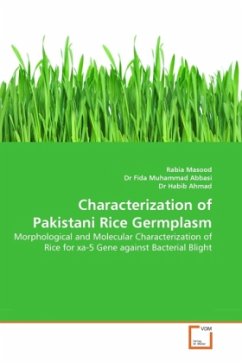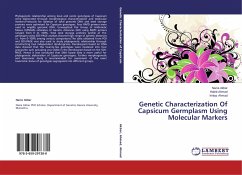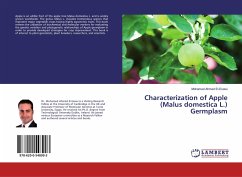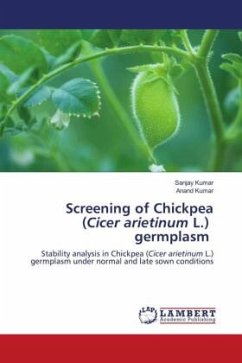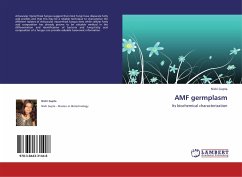The narrow genetic base of cultivated rice cause vulnerability to bacterial blight (BB) because of an increased frequency of newly evolved pathotypes of greater virulence. Pyramiding of known resistance genes or scouting of new genes with a wider resistance spectrum, are the alternatives for breeding varieties with durable resistance. Molecular and conventional approaches were used to identify rice germplasm for the presence of xa5, a bacterial blight resistance gene. Polymerase chain reaction (PCR) with primers specific for xa5 resistances gene were used in the study. During this polymorphic study, out of 60 rice lines, 31 were observed with xa5 gene, while 29 showed the absence of xa5 gene. Pakistani Basmati varieties were also surveyed. Out of the ten Pakistani Basmati varieties, Kashmir Basmati, Basmati Pak, Shahley Basmati and Basmati-622 had the xa5 gene, while Basmati-385, Basmati-2000, Basmati-370, Basmati-198, Super Basmati and Dokri Basmati showed the absence of xa5 gene. Identification of xa5 gene in Pakistani rice germplasm will help in accelerating the breeding program including pyramiding of different disease resistant genes in basmati and other cultivated varieties.

